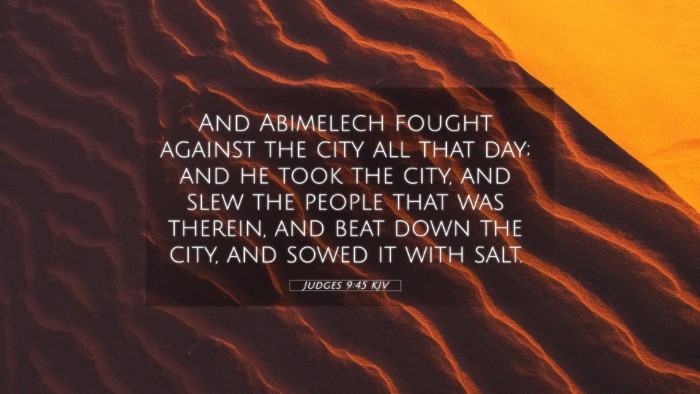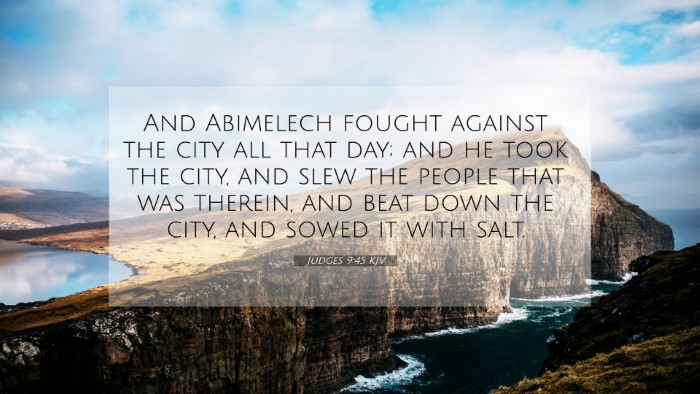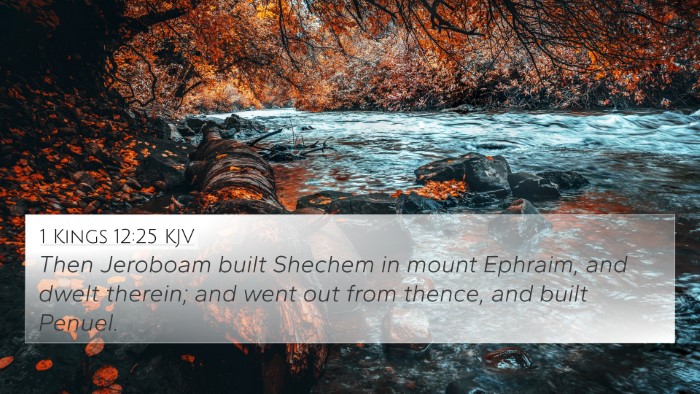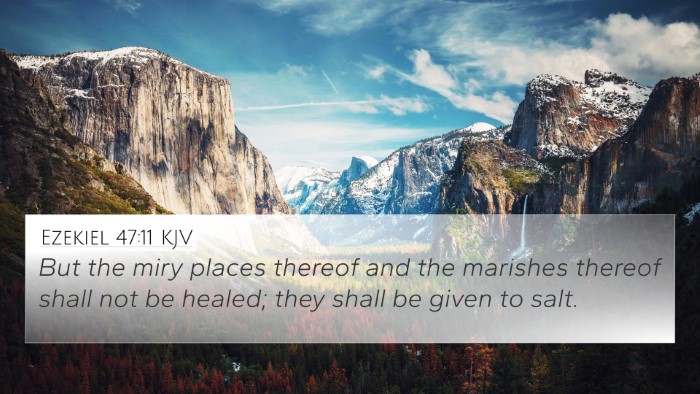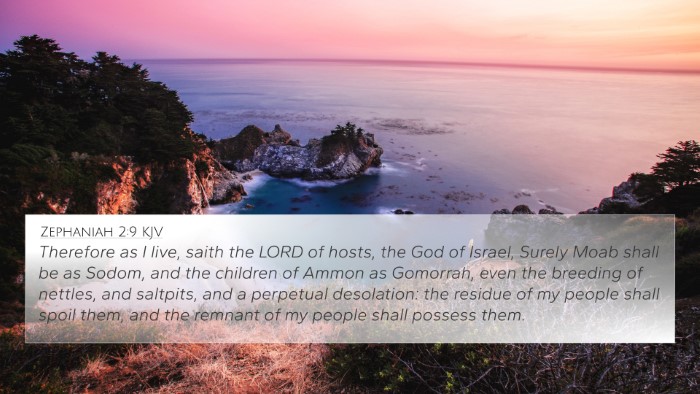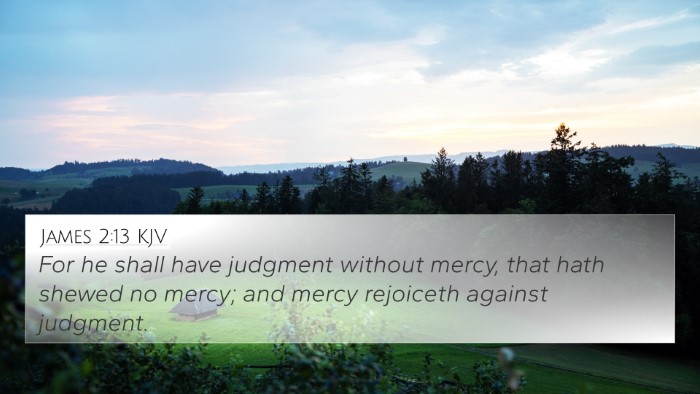Judges 9:45 states, "And Abimelech fought against the city all that day; and he took the city, and killed the people that were therein, and beat down the city, and sowed it with salt."
This verse depicts the brutal conquest of Shechem by Abimelech, a critical moment in the narrative of the Judges, spanning both themes of power and destruction. The act of sowing salt into the city signifies a complete and utter desolation, indicating that not just military defeat but a total obliteration of the people's very identity is the intention behind his actions.
Historical Context
The story takes place shortly after the death of Gideon, Abimelech’s father. Matthew Henry notes how Abimelech, ambitious to establish his rule, uses ruthless tactics to reclaim authority over Shechem. This reflects the volatility and the treacherous nature of leadership during the time of the Judges, where might often determined right.
Thematic Exploration
This verse underscores themes of betrayal, ambition, and the consequences of a fractured community. Albert Barnes observes that Abimelech's actions resulted from both his desire for power and the support of the citizens of Shechem, emphasizing how collective consent can lead to shared destruction.
Symbolism of Sowing Salt
Sowing salt was a common ancient custom to signify barrenness and destruction. Adam Clarke explains that this act was not just a method of ruining the land agriculturally but was intended as a lasting symbol of Abimelech’s total dominance and perceived justice. It symbolizes the irreversible disaster that comes from selfish pursuits of power.
Cross-References and Connections
This verse connects to several other Biblical texts that explore the themes of power, sin, and divine judgment. Below are key cross-references:
- Deuteronomy 29:23 - Addresses the desolation resulting from turning away from God.
- Isaiah 5:6 - Discusses the barrenness from divine judgment.
- Galatians 6:7 - Illustrates the principle of sowing and reaping, relating to Abimelech’s actions.
- Judges 8:23-27 - Contextualizes the idolatry and subsequent downfall led by Gideon’s legacy.
- 2 Chronicles 34:25 - Mentions the curses upon lands that turn from God.
- Matthew 23:37-39 - Jesus weeps over Jerusalem, paralleling the themes of ruin and neglect of God’s message.
- Psalm 74:3 - Requests God to act against the desolation of His sanctuary, reflecting a longing for restoration.
- Lamentations 3:30 - Emphasizes the theme of enduring affliction, resonating with the effect of Abimelech’s actions.
- Micah 3:12 - Describes the ruin of Zion, paralleling Abimelech's actions in Shechem.
- Revelation 14:10 - Discusses eternal consequences of rebellion against God, in thematic continuity with the judgment in Judges.
Conclusion
The actions of Abimelech and their repercussions extend beyond a singular historical event; they inform readers of the dangers inherent in seeking power through destructive means. Through comparative Bible verse analysis, these themes resonate throughout Scripture, guiding contemporary understanding of power, betrayal, and the enduring nature of God’s judgment.
Utilizing Cross-Referencing Tools
To further explore the connections between Bible verses, one can use various tools for Bible cross-referencing, such as a Bible concordance or a Bible cross-reference guide. These resources help in identifying connections between Old and New Testament scriptures, offering insights into how themes and messages interweave throughout the biblical narrative.

